Home>Home Appliances>Bathroom Appliances>What Kind Of Battery Is In An Electric Toothbrush
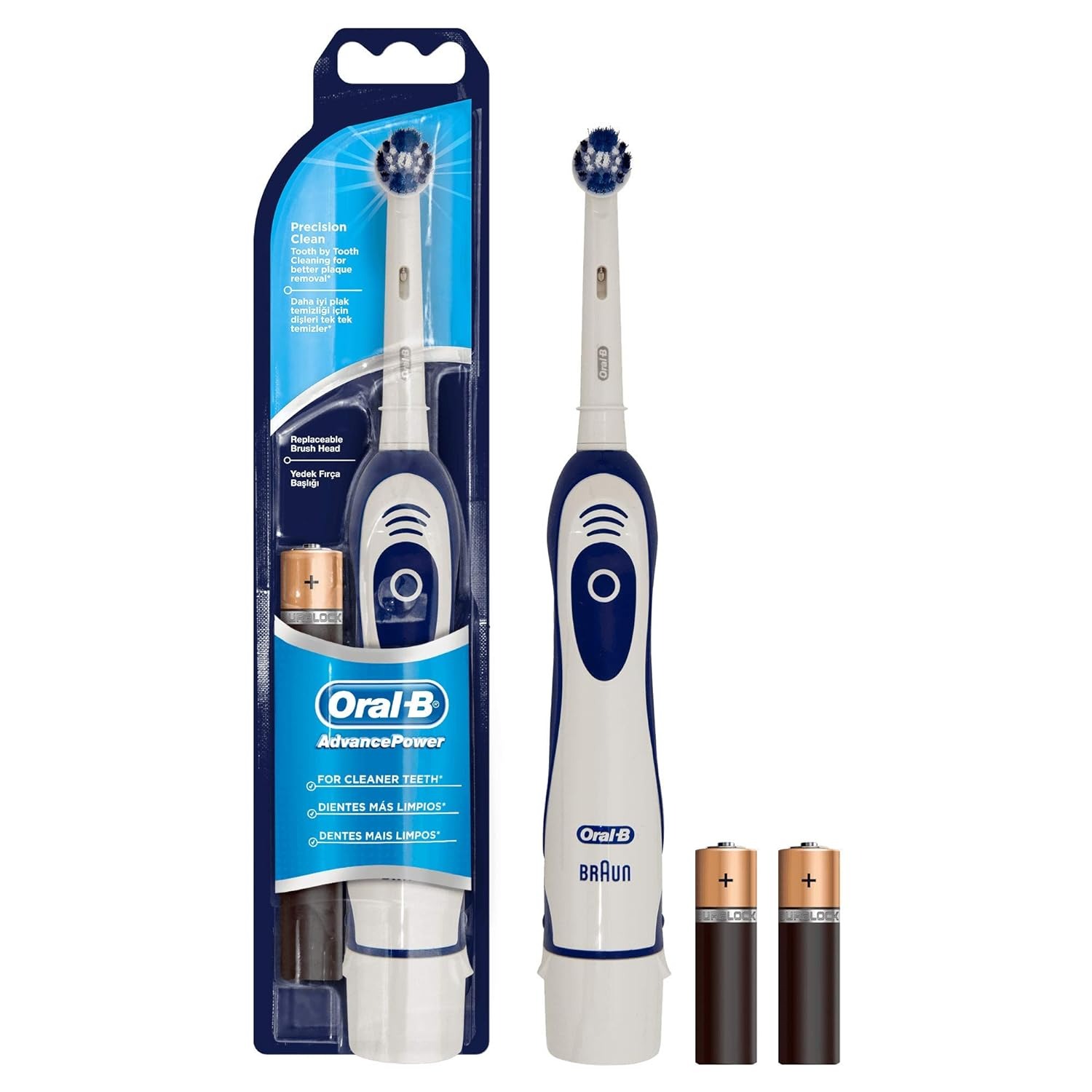

Bathroom Appliances
What Kind Of Battery Is In An Electric Toothbrush
Published: December 23, 2023
Discover the best battery for your electric toothbrush. Learn about the ideal battery type for bathroom appliances and how it impacts performance.
(Many of the links in this article redirect to a specific reviewed product. Your purchase of these products through affiliate links helps to generate commission for Storables.com, at no extra cost. Learn more)
Introduction
Electric toothbrushes have revolutionized the way we maintain oral hygiene, offering advanced features and technologies to enhance the brushing experience. One crucial component that powers these innovative devices is the battery. The type of battery used in an electric toothbrush plays a significant role in its performance, longevity, and overall user satisfaction.
Understanding the different battery types, their characteristics, and how they impact the functionality of electric toothbrushes is essential for consumers looking to make an informed purchase. In this article, we will delve into the world of electric toothbrush batteries, exploring the common types used, the factors to consider when choosing a battery, and the implications for everyday use.
Join us on this enlightening journey as we unravel the mysteries behind electric toothbrush batteries, empowering you to make confident and well-informed decisions when selecting the perfect electric toothbrush for your oral care routine.
Key Takeaways:
- Choose lithium-ion or NiMH batteries for long-lasting and reliable power in electric toothbrushes. Consider charging time, environmental impact, and safety for an optimal brushing experience.
- Understanding battery types like lithium-ion and NiMH helps you pick an electric toothbrush that’s sustainable, convenient, and safe for your oral care routine. Keep an eye on advancements for even better options!
Read more: What Is The Best Kind Of Toothbrush
The Importance of Battery Type in Electric Toothbrushes
The battery type in an electric toothbrush is a critical factor that directly influences its performance, convenience, and overall user experience. Unlike manual toothbrushes, electric toothbrushes rely on batteries to power their oscillating or vibrating brush heads, making the choice of battery type a pivotal decision for manufacturers and consumers alike.
One of the primary considerations when it comes to electric toothbrush batteries is their longevity and the duration of use between charges. The type of battery used can significantly impact how frequently the toothbrush needs to be recharged, ultimately affecting user convenience and satisfaction. Additionally, the charging time required for different battery types varies, with some offering rapid recharging capabilities, while others may take longer to reach full capacity.
Moreover, the reliability and consistency of power delivery are crucial aspects influenced by the battery type. High-quality batteries can maintain a consistent level of performance throughout their lifespan, ensuring that the toothbrush operates at its optimal capacity. This reliability is especially important for electric toothbrushes with advanced cleaning modes or smart features that demand a steady and dependable power supply.
Another vital consideration is the environmental impact of the battery type. As the world increasingly embraces sustainable practices, the choice of eco-friendly and recyclable batteries has become a significant factor for environmentally conscious consumers. Manufacturers are actively exploring battery options that align with sustainability goals, offering rechargeable batteries and exploring alternative power sources to reduce the environmental footprint of electric toothbrushes.
Furthermore, the safety and durability of the battery directly impact the overall longevity and reliability of the electric toothbrush. Consumers seek batteries that are not only long-lasting but also safe from potential hazards such as leakage or overheating. The choice of a robust and reliable battery type contributes to the overall durability and safety of the electric toothbrush, ensuring a worry-free user experience.
As we navigate the realm of electric toothbrush batteries, it becomes evident that the battery type is not merely a technical specification but a fundamental element that shapes the performance, sustainability, and safety of these modern oral care devices.
Common Battery Types Used in Electric Toothbrushes
Electric toothbrushes utilize various battery types, each offering distinct characteristics and performance attributes. Understanding the common battery types used in these devices provides valuable insight into their functionality and long-term usability.
- Lithium-Ion (Li-Ion) Batteries: Widely recognized for their high energy density and long cycle life, lithium-ion batteries are a popular choice for premium electric toothbrush models. These batteries offer efficient power delivery, lightweight design, and rapid charging capabilities, making them ideal for users seeking a convenient and long-lasting power source.
- Nickel-Metal Hydride (NiMH) Batteries: Known for their reliability and cost-effectiveness, NiMH batteries are commonly found in mid-range electric toothbrushes. These batteries provide a balance between performance and affordability, offering a respectable cycle life and the ability to hold a charge for extended periods, making them suitable for everyday oral care routines.
- Nickel-Cadmium (NiCd) Batteries: While less common in modern electric toothbrushes due to environmental concerns and the prevalence of superior alternatives, NiCd batteries were historically used in earlier models. These batteries are known for their durability and ability to withstand frequent charging cycles, but their use has diminished in favor of more eco-friendly options.
- Rechargeable Batteries: Many electric toothbrushes feature rechargeable batteries, allowing users to conveniently replenish the power supply without the need for disposable batteries. Rechargeable options often include lithium-ion or NiMH batteries, providing a sustainable and cost-effective solution for continuous use.
- Disposable Batteries: Some entry-level electric toothbrushes may utilize disposable batteries, typically of the AA or AAA size. While these batteries offer simplicity and immediate power, they require regular replacement and lack the long-term sustainability of rechargeable options.
By familiarizing oneself with these common battery types, consumers can make informed decisions when selecting an electric toothbrush that aligns with their preferences for performance, sustainability, and convenience.
Look for electric toothbrushes with lithium-ion batteries, as they are long-lasting and hold their charge well. Avoid nickel-cadmium batteries, as they have a shorter lifespan and are less environmentally friendly.
Factors to Consider When Choosing an Electric Toothbrush Battery
When evaluating electric toothbrushes, the choice of battery type plays a pivotal role in determining the device’s overall performance, convenience, and long-term sustainability. Several key factors should be taken into account when selecting an electric toothbrush battery to ensure an optimal brushing experience.
- Battery Longevity: Consider the expected lifespan of the battery and its ability to maintain consistent performance over time. Lithium-ion batteries are known for their extended cycle life and high energy density, offering long-term reliability for continuous use.
- Charging Time: Evaluate the recharging duration required for the battery. Lithium-ion batteries often provide rapid charging capabilities, minimizing downtime and ensuring that the toothbrush is readily available for use.
- Power Delivery: Assess the battery’s ability to deliver a steady and reliable power supply to the toothbrush. Consistent power delivery is crucial, especially for electric toothbrushes with advanced cleaning modes or smart features that demand stable performance.
- Environmental Impact: Consider the environmental implications of the battery type. Opting for rechargeable batteries, such as lithium-ion or NiMH, promotes sustainability by reducing the consumption of disposable batteries and minimizing waste.
- Safety and Durability: Prioritize batteries that are designed with safety features to prevent issues such as leakage or overheating. A durable and reliable battery contributes to the overall longevity and safety of the electric toothbrush.
- User Convenience: Evaluate the convenience of the battery type in terms of recharging options and portability. Rechargeable batteries offer a sustainable and hassle-free solution, while disposable batteries may require frequent replacement.
By considering these factors, consumers can make well-informed decisions when selecting an electric toothbrush with a battery that aligns with their preferences for performance, sustainability, and user convenience. Additionally, staying informed about the latest advancements in battery technology can provide insights into emerging options that offer enhanced efficiency and eco-friendly attributes.
Conclusion
The battery type in an electric toothbrush is a fundamental aspect that significantly influences the device’s performance, sustainability, and user experience. As consumers navigate the diverse landscape of electric toothbrushes, understanding the common battery types and the factors to consider when choosing a battery becomes essential for making informed purchasing decisions.
From the advanced energy density of lithium-ion batteries to the reliability of nickel-metal hydride options, the variety of battery types available offers distinct characteristics tailored to different user preferences. Whether prioritizing longevity, rapid charging, environmental sustainability, or user convenience, each battery type presents unique advantages that cater to specific needs and priorities.
Moreover, the evolution of battery technology continues to shape the landscape of electric toothbrushes, with a growing emphasis on sustainable and eco-friendly power sources. Manufacturers are actively exploring rechargeable and environmentally conscious battery options, aligning with the global movement towards responsible and greener practices.
Ultimately, the choice of an electric toothbrush battery extends beyond technical specifications, encompassing considerations of performance, safety, and environmental impact. By staying informed about battery advancements and understanding the implications of different battery types, consumers can confidently select electric toothbrushes that harmonize with their oral care routines and sustainability values.
As we embrace the era of innovative oral care solutions, the battery type remains a cornerstone of electric toothbrush functionality, embodying the fusion of technology, convenience, and responsible consumption. With a keen awareness of battery attributes and their implications, consumers can embark on a journey towards optimal oral health while contributing to a sustainable future.
Frequently Asked Questions about What Kind Of Battery Is In An Electric Toothbrush
Was this page helpful?
At Storables.com, we guarantee accurate and reliable information. Our content, validated by Expert Board Contributors, is crafted following stringent Editorial Policies. We're committed to providing you with well-researched, expert-backed insights for all your informational needs.
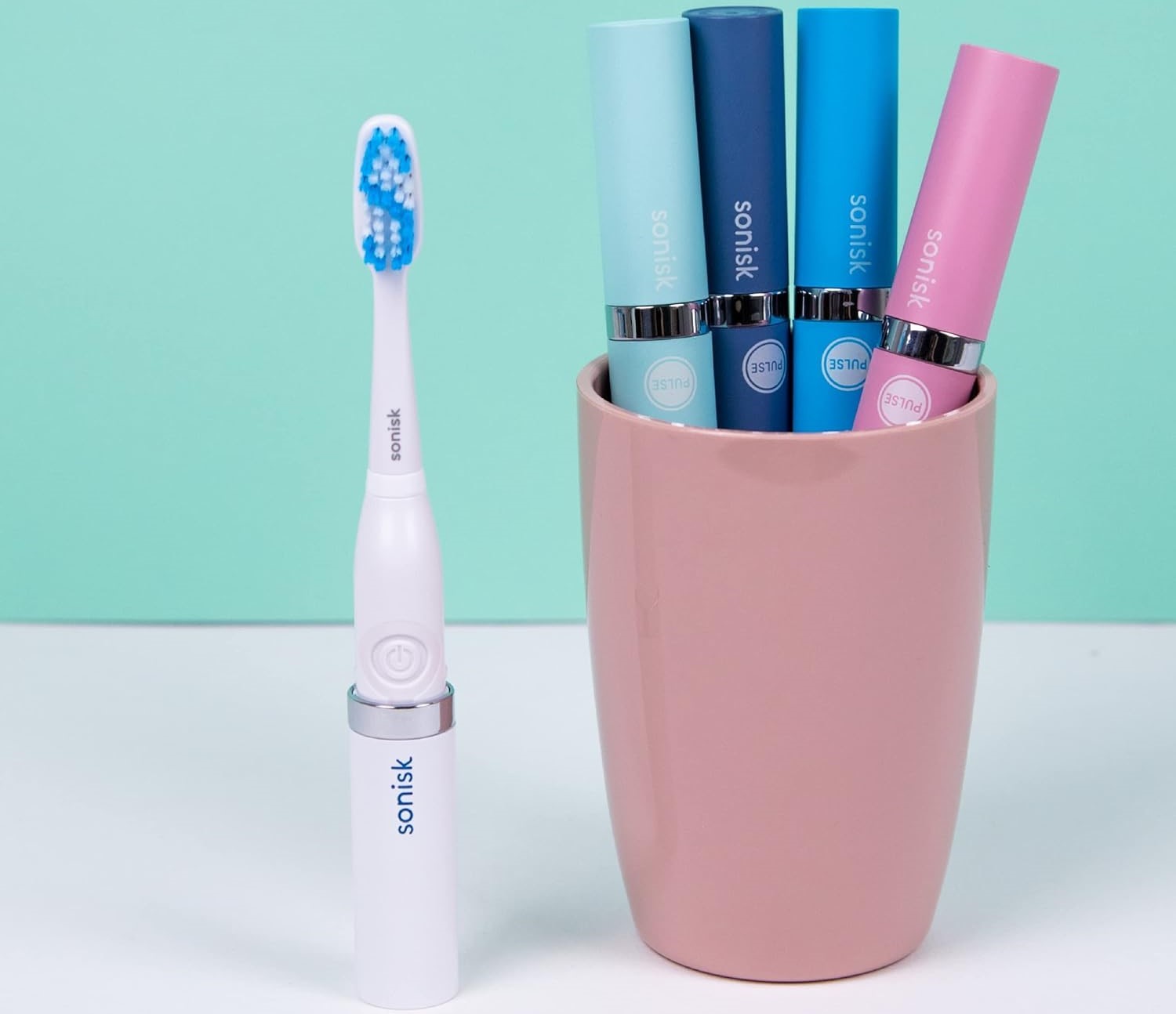
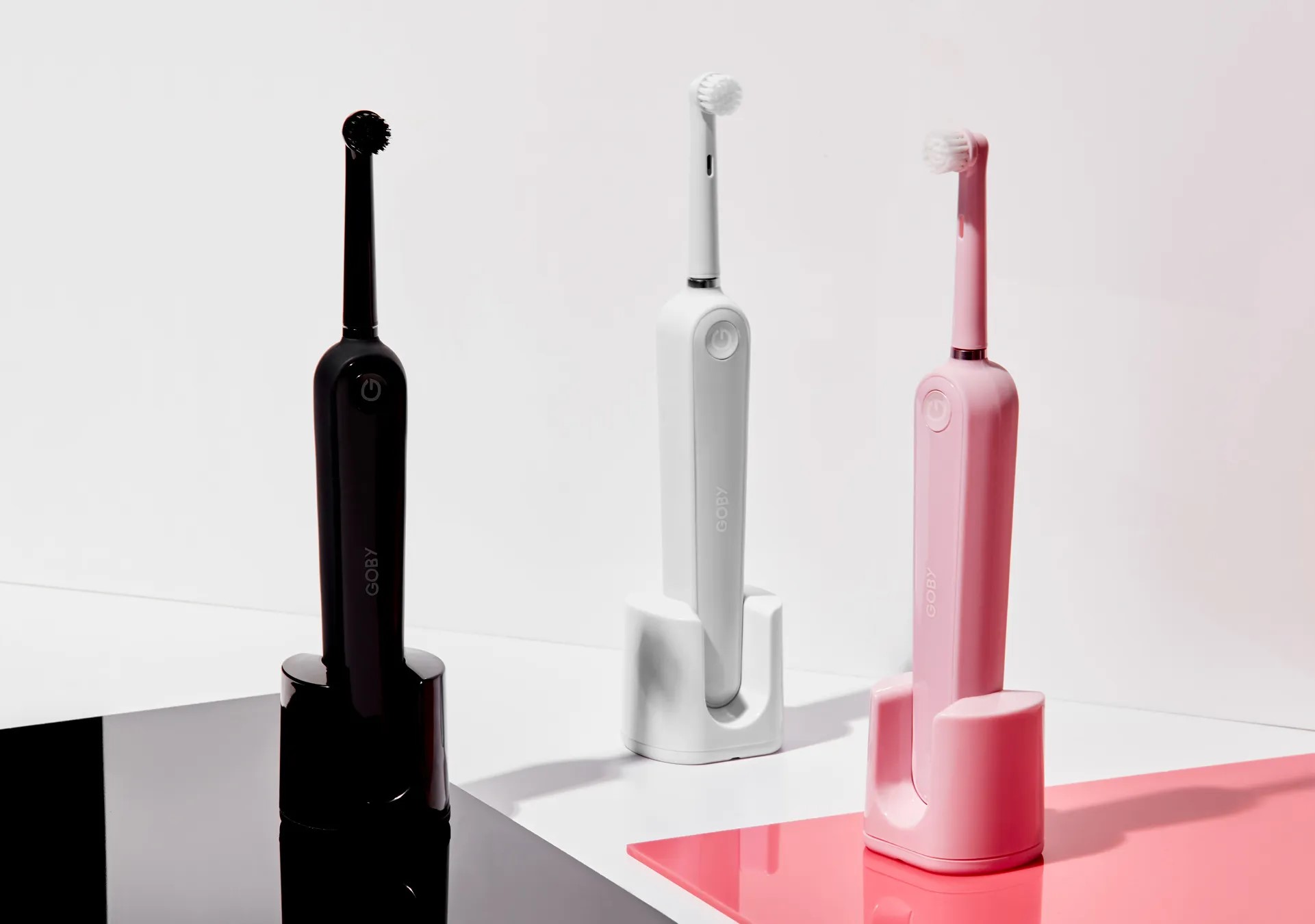
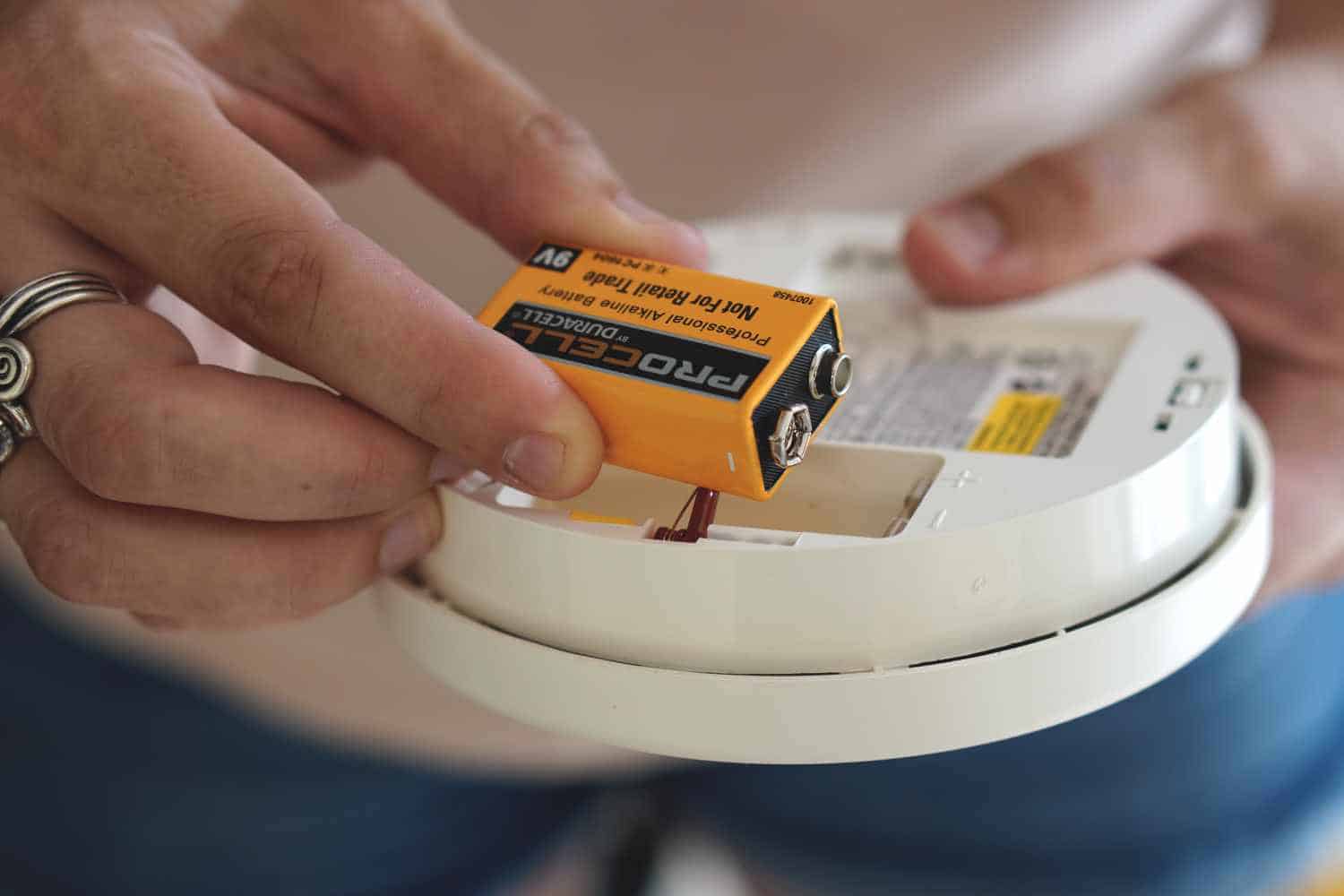
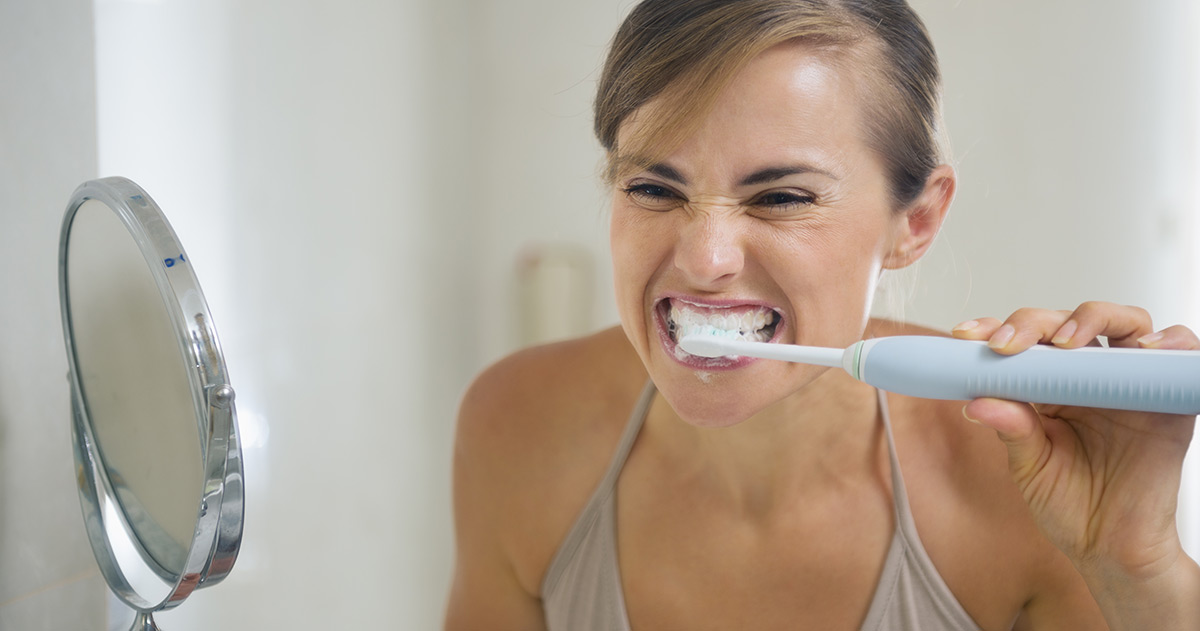
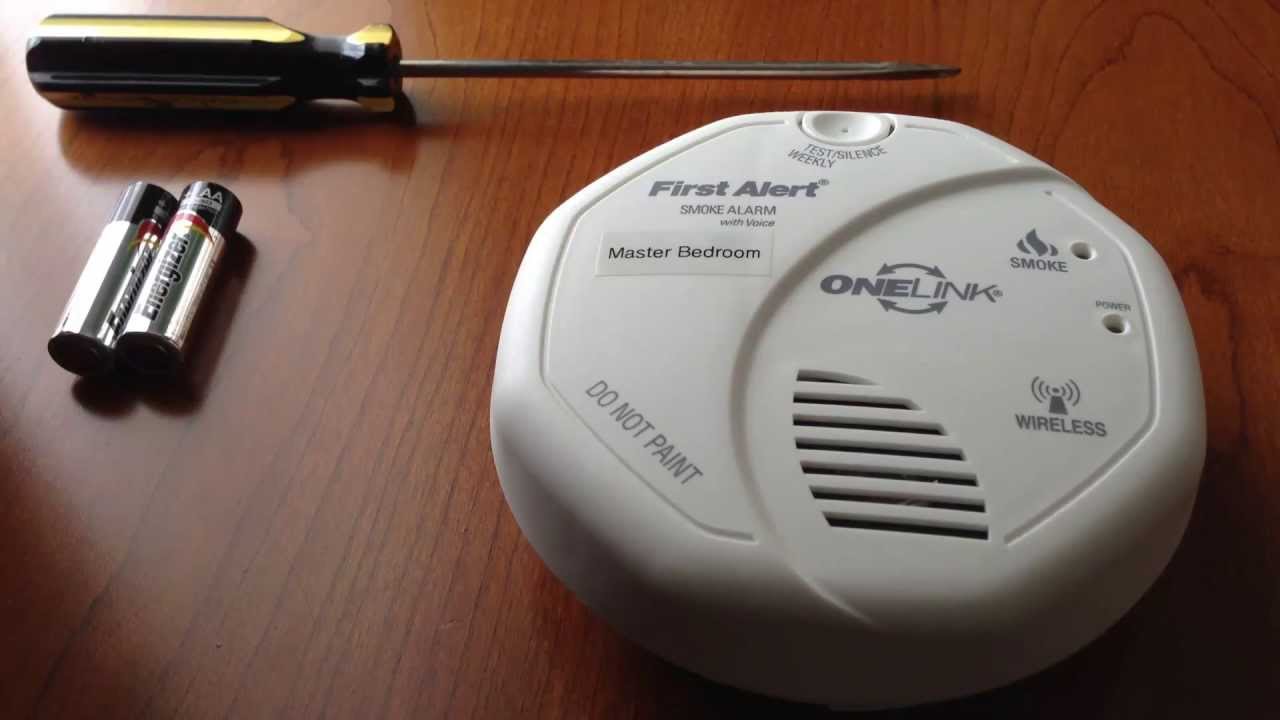
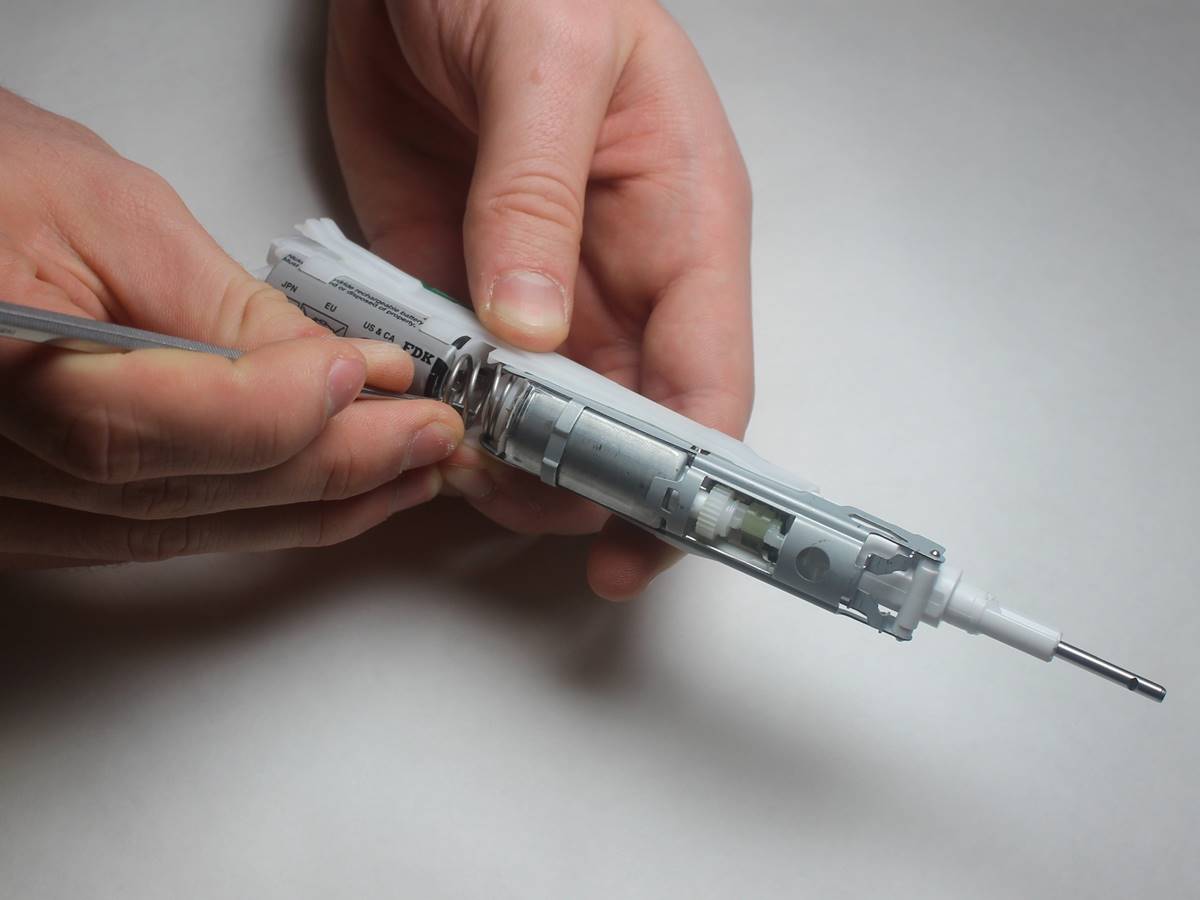
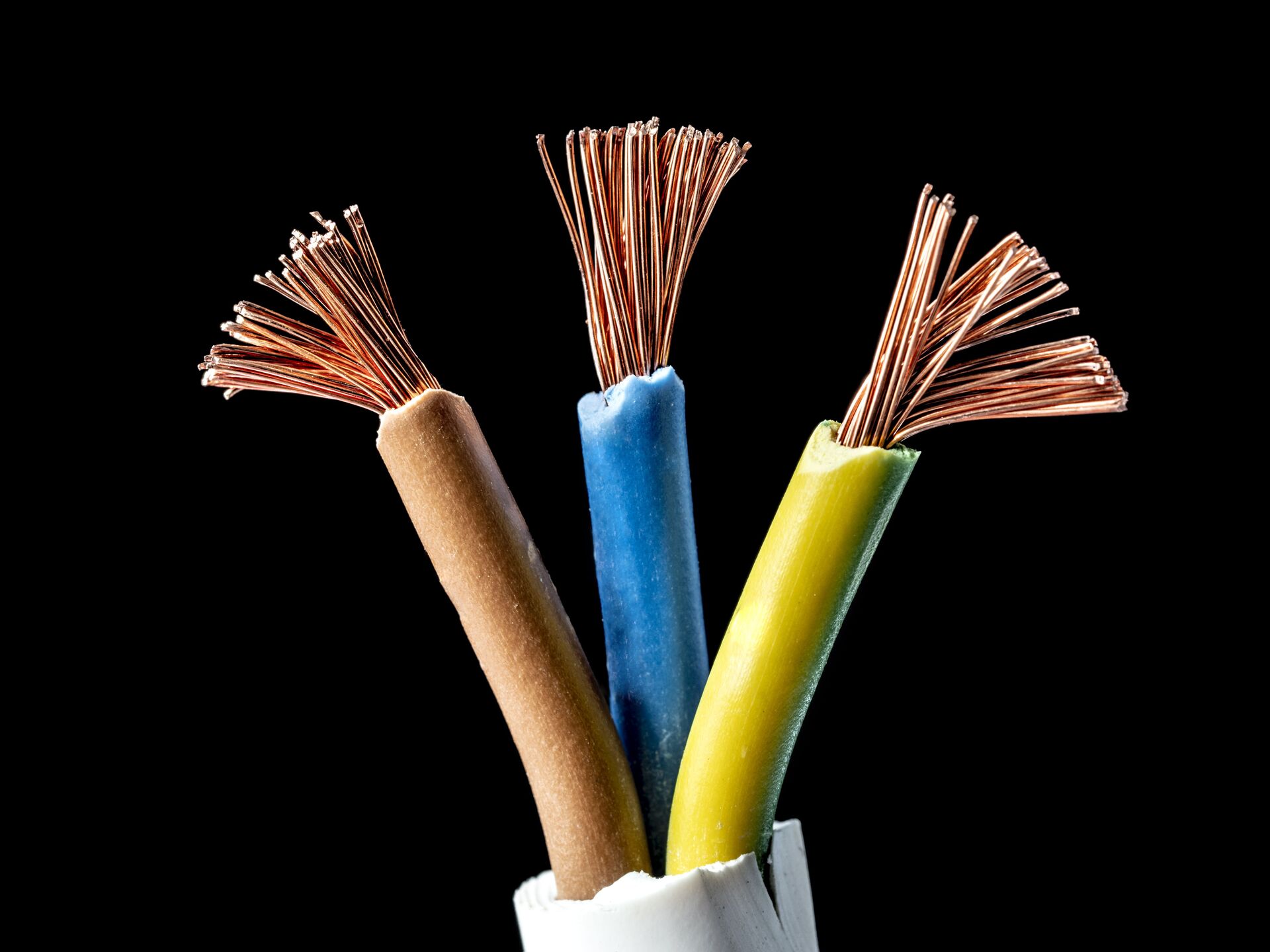
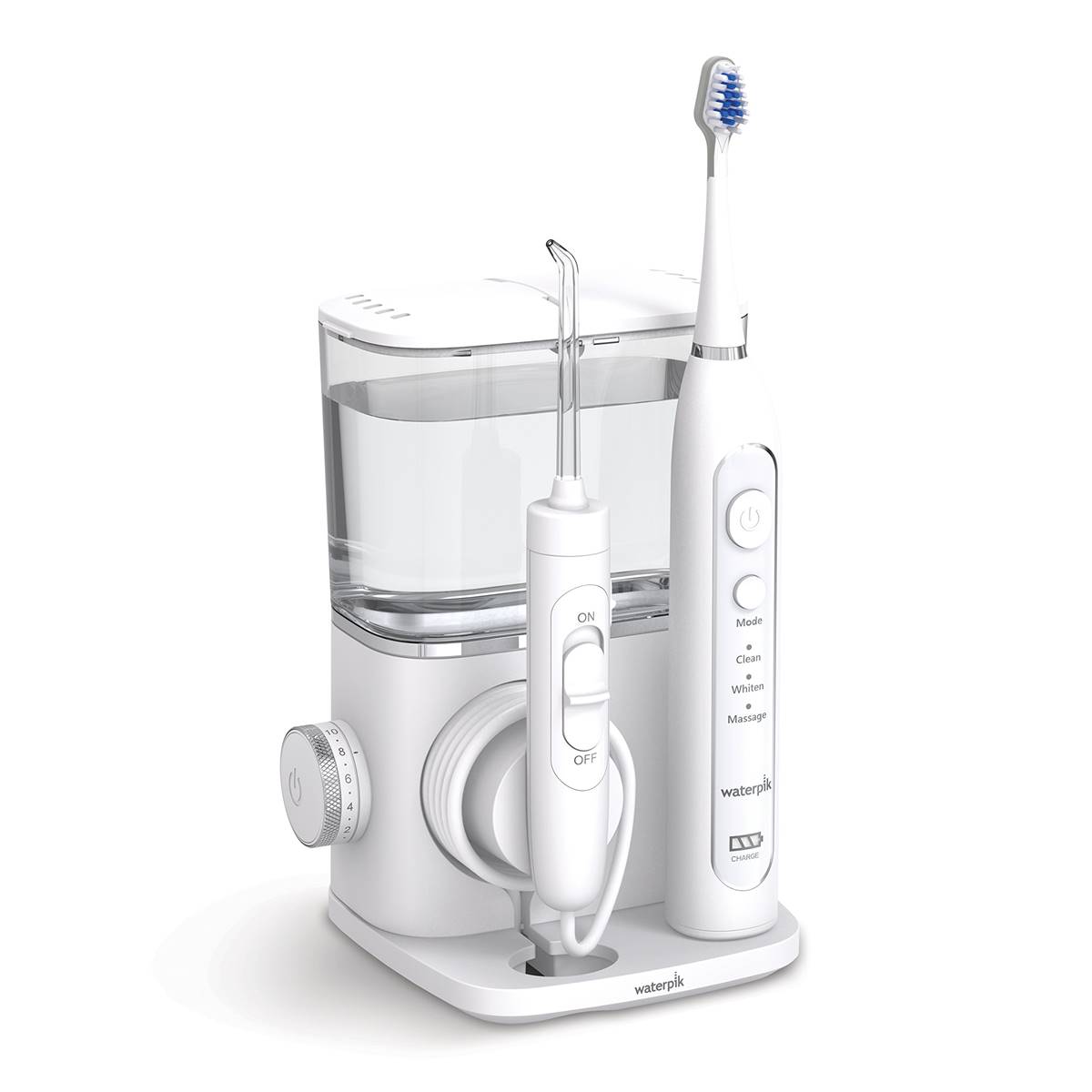
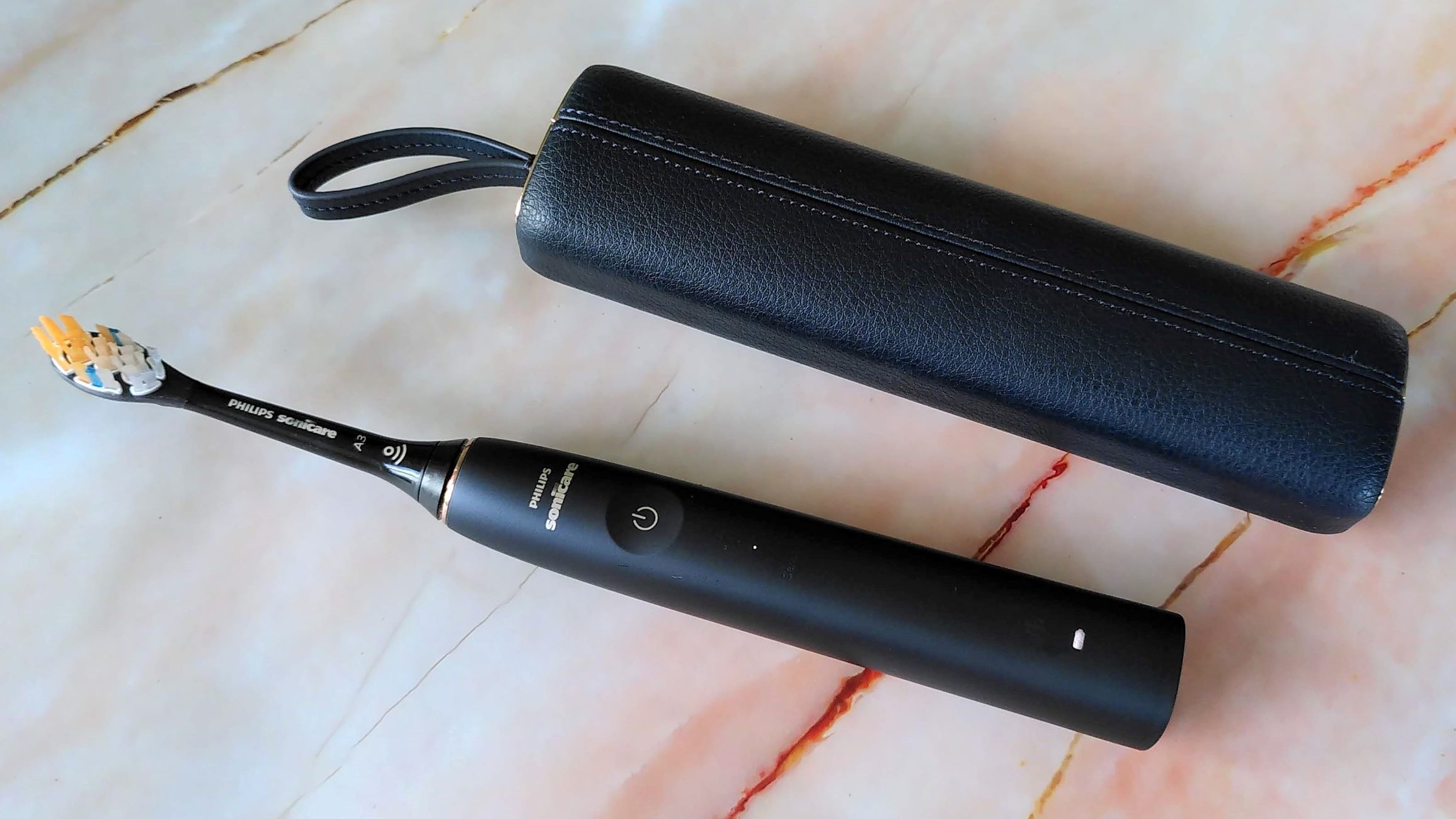
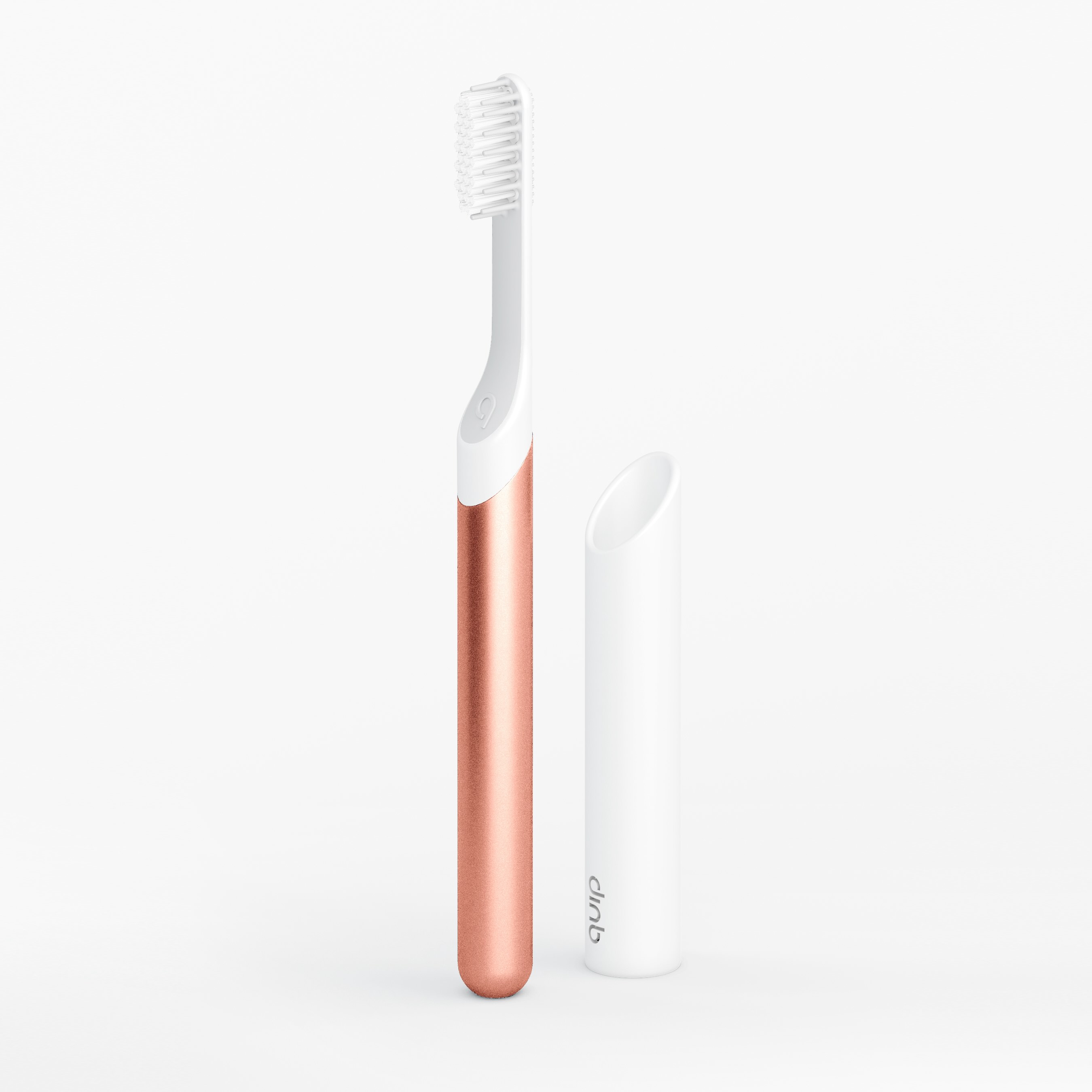
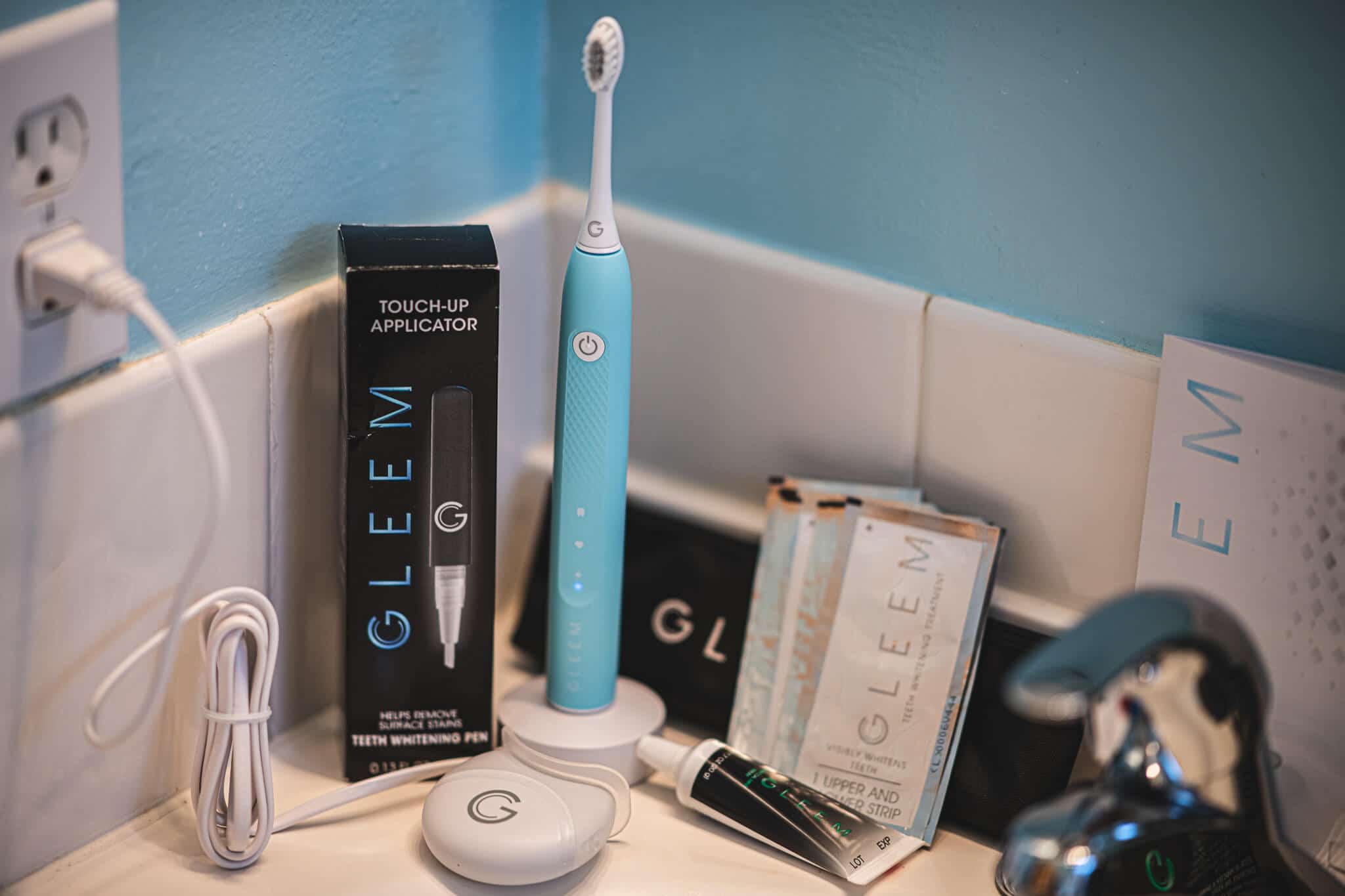
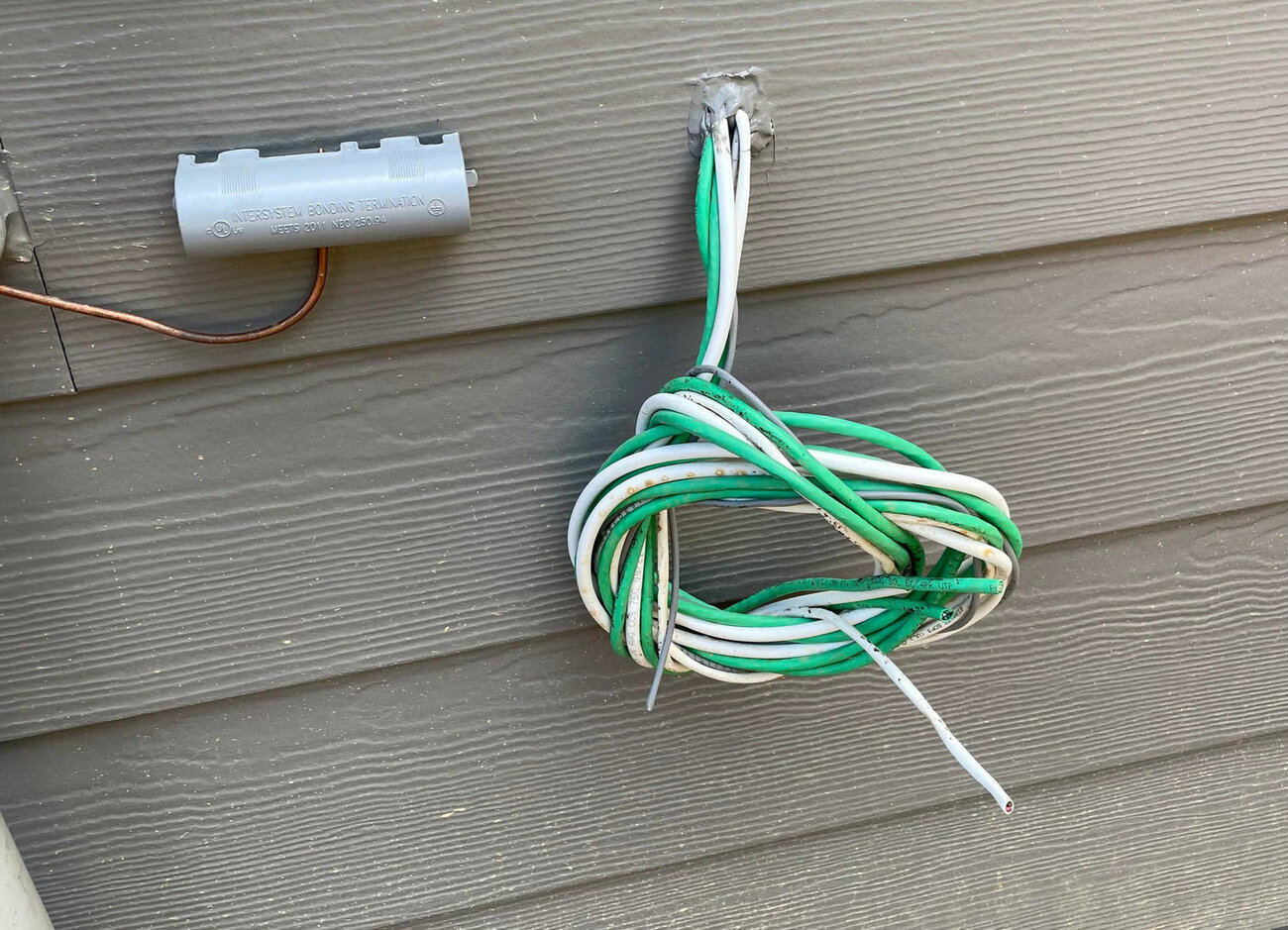
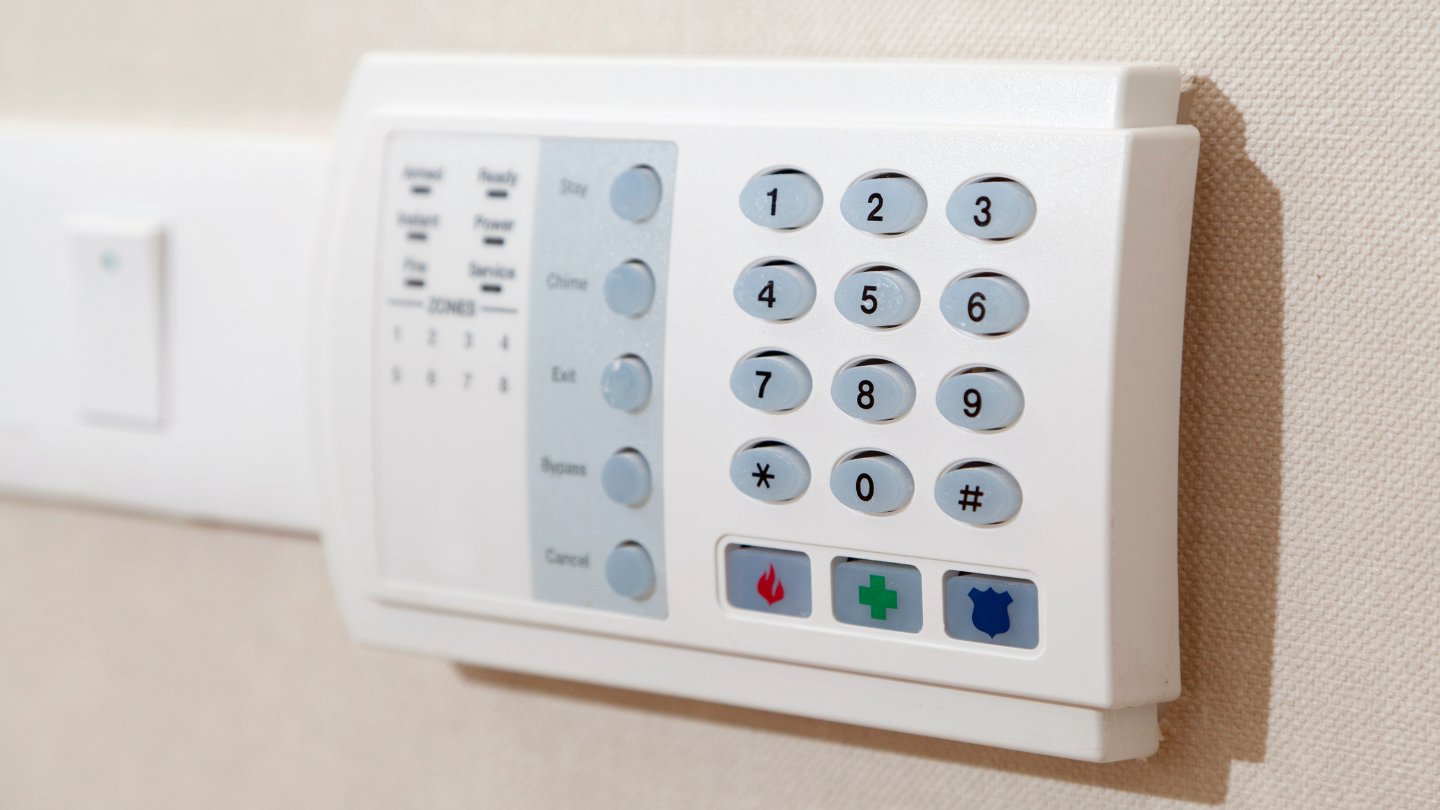
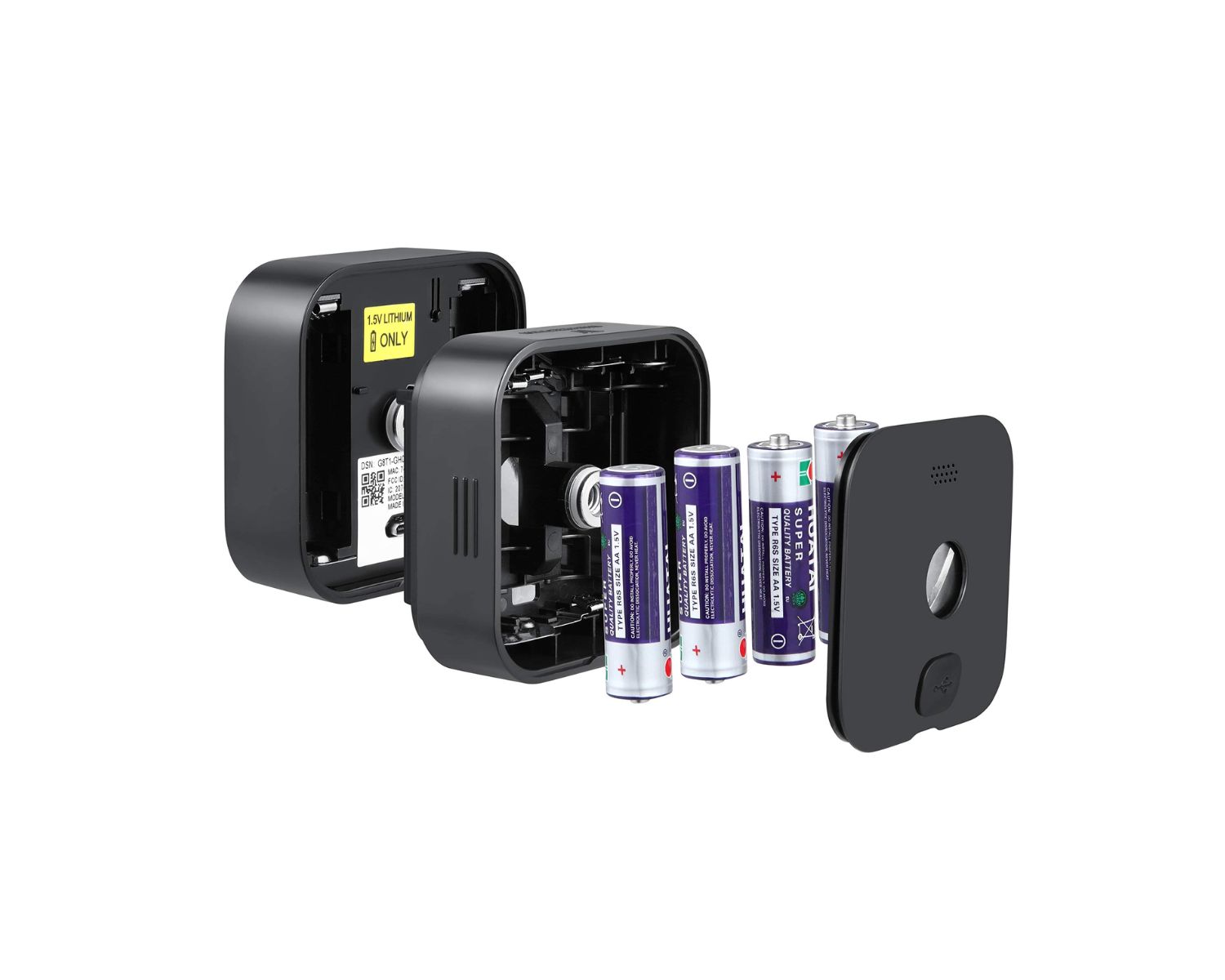
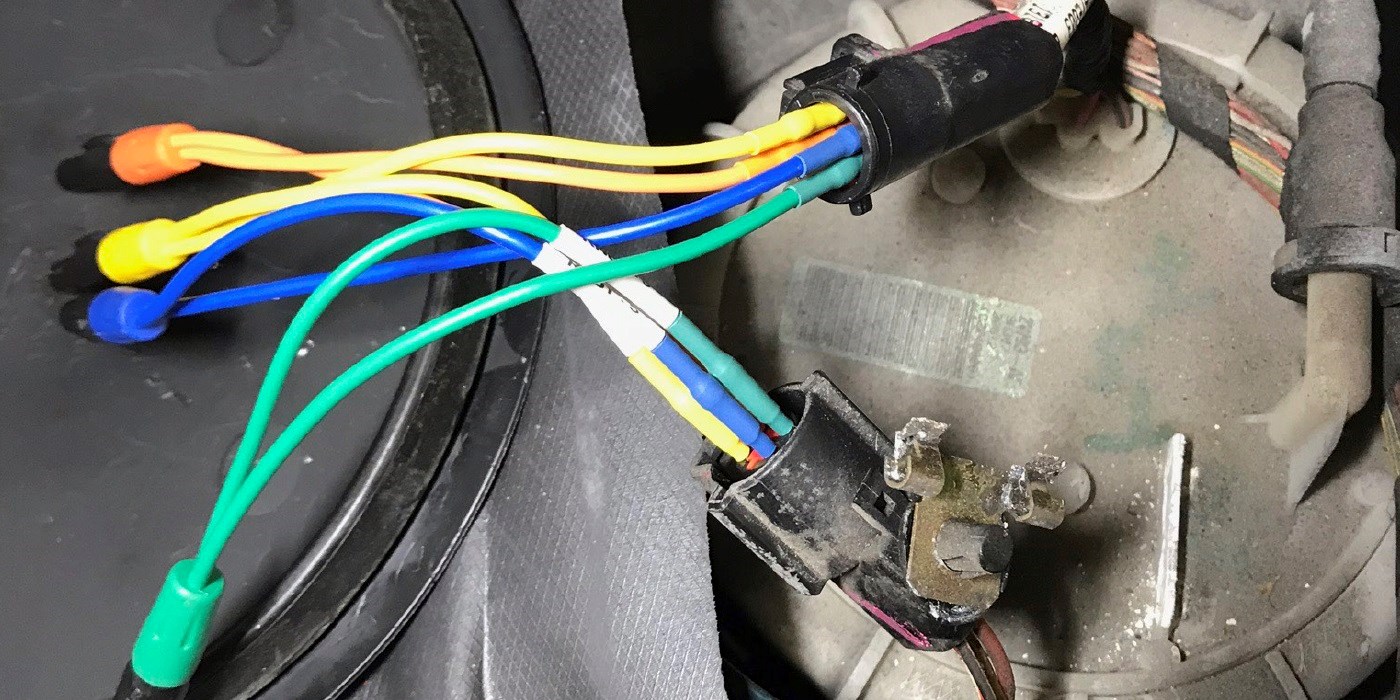

0 thoughts on “What Kind Of Battery Is In An Electric Toothbrush”